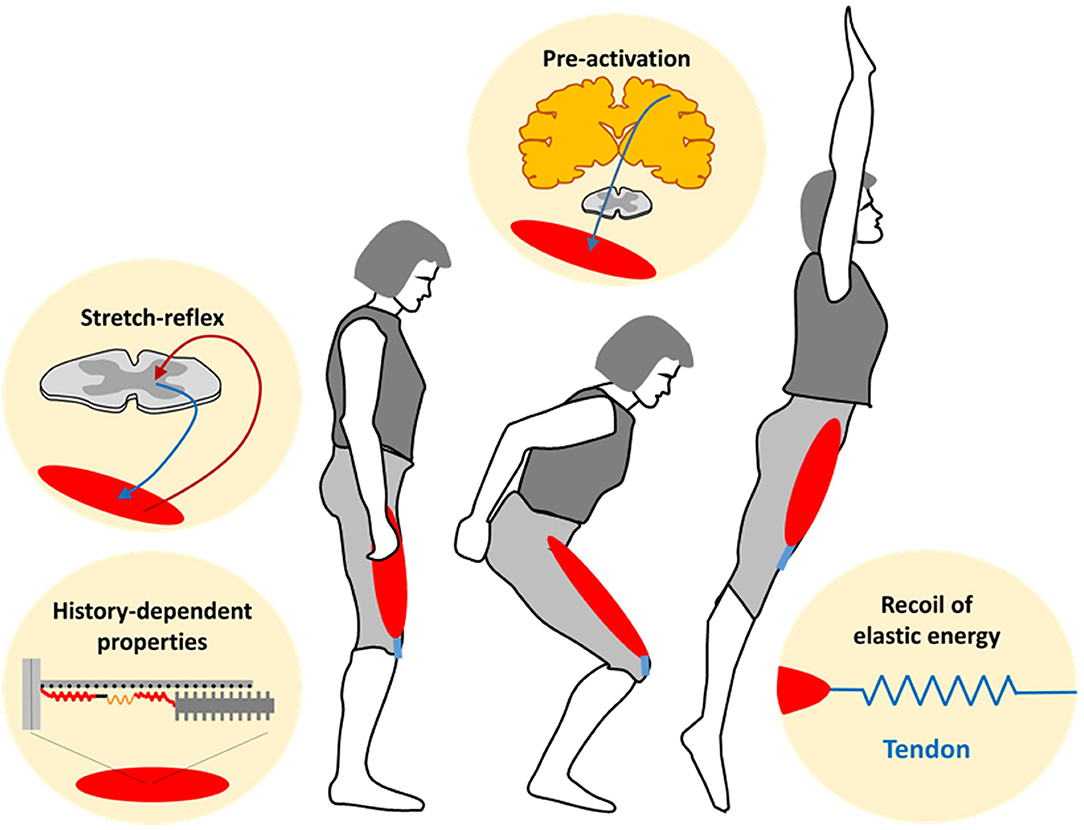[ad_1]
This week in the world of sports science, here’s what happened…
- The worst running mistakes to make, from the perspective of a former athlete and current coach
- The secret to LeBron James’s mental strength?
- A new way to categorise the stretch-shortening cycle?
The worst running mistakes to make, from the perspective of a former athlete and current coach

Nicklas Rossner, a former triathlete and current coach, recently released a YouTube video discussing common mistakes made by runners that can hinder progress or lead to injury.
Firstly, Rossner emphasises the importance of progressive overload by recounting the ancient tale of Milo and the bull calf. He illustrates the need for gradual training program advancement, cautioning against excessive increases in training volume, which have been scientifically linked to a higher risk of injury. To reduce this risk, Rossner advocates for adherence to the 10% rule, which advises against exceeding a 10% weekly increase in training volume.
Rossner also highlights the mistake of exclusively focusing on running, neglecting complementary strength and plyometric training, which are crucial for performance enhancement and injury prevention. Moreover, he stresses the importance of a periodised plan and outlines the annual periodisation plan consisting of the base, build, peak, and recovery phases.
Finally, Rossner advises against trying new strategies on race day, emphasising the importance of thorough practice during training. He shares a personal story of a negative experience with caffeine supplementation on race day, emphasising the criticality of pre-race strategy rehearsal.
For runners and coaches, this video is a valuable resource for avoiding common pitfalls that can hinder progress and cause injury.
The secret to LeBron James’s mental strength?

Sports psychology expert Adam Nicholls recently shared a compelling post and video on LinkedIn featuring basketball icon LeBron James. In the video, James emphasises the significance of prioritising the mental aspect of his game in recent years. James explains that even in the midst of packed stadiums, he deliberately closes his eyes and engages in relaxation and focused breathing for 30 seconds to 2 minutes to compose himself.
Nicholls offers an insightful analysis of the scientific underpinnings of breathwork. He references a 2023 meta-analysis that highlights how breathwork can effectively mitigate stress, alleviate anxiety, and reduce depressive symptoms. Furthermore, he delves into a 2020 study on the most effective breathwork technique, revealing that pursed lip-breathing notably induces a calming effect on emotional responses.
For those keen on delving deeper into the significance of breathwork and how LeBron James has elevated his mental game, we recommend checking out Nicholls’ LinkedIn post.
A new way to categorise the stretch-shortening cycle?

The significance of the stretch-shortening cycle within sports science is widely acknowledged, yet a recent study has introduced potential paradigm shifts. Traditionally, this cycle has been categorised as fast (<250 milliseconds) and slow (>250 milliseconds) based on ground contact times. However, the methodology for establishing these thresholds and their validity has been debated.
In the study, researchers analysed 46 physically active individuals as they performed drop jumps onto a force plate. The researchers assessed various factors such as force, time, power variables, and Achilles tendon length. Based on the duration of ground contact, the researchers identified three distinct categories: less than 188 milliseconds, 188-222 milliseconds, and over 222 milliseconds.
While further research is needed, this study provides a new perspective on evaluating the stretch-shortening cycle and questions the traditional classification into “fast” and “slow” categories.
If you would like to learn more about the stretch-shortening cycle, be sure to check out our detailed blog (click here).
From us this week:
>> New course: Speed Training
>> New podcast: Go From Scrawney Teen To Elite-Level Rugby Pro
>> New infographic: Relative Lower Body Strength And Performance In Female Soccer Players
>> New article: Hydrotherapy
Access to a growing library of sports science courses
SFS Academy is an all-access membership to premium sports science education.
With SFS Academy, you’ll learn from some of the best coaches around the world as they teach you how to apply the latest research and practice with your athletes.
[ad_2]
Source link


